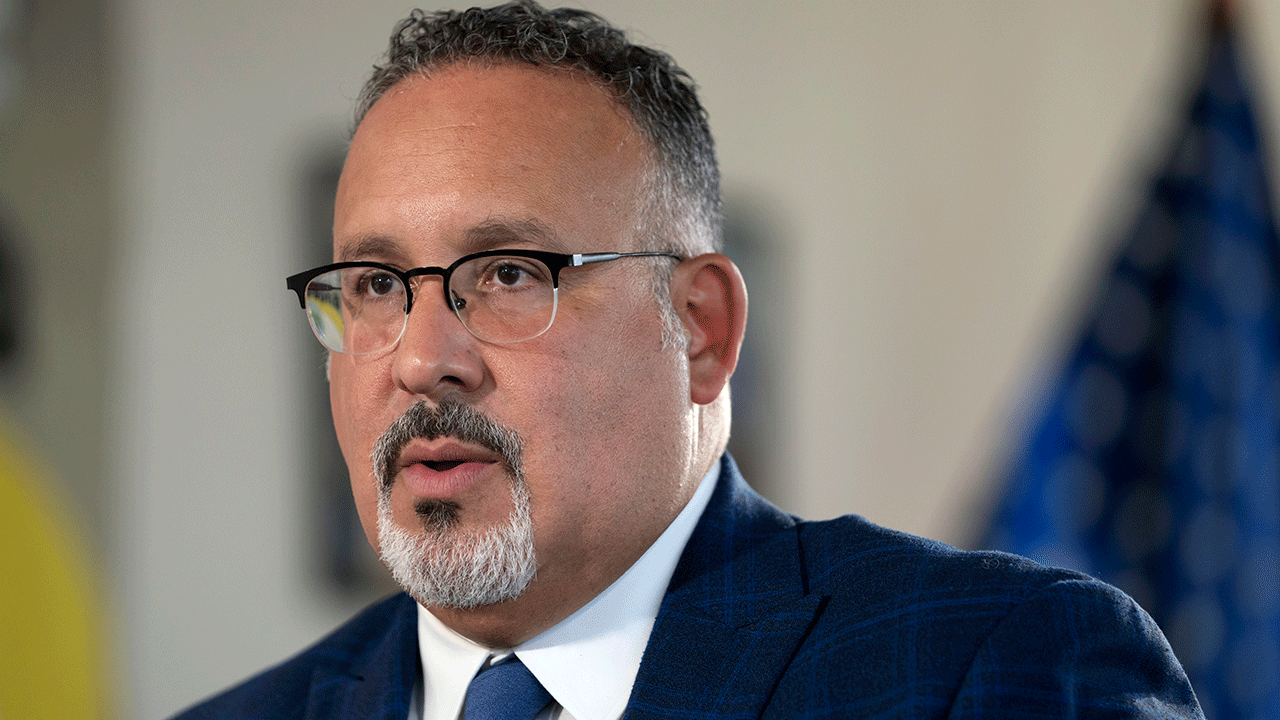In the wake of the pandemic and widespread smartphone use, a recent survey reveals alarming trends in the mental health and educational well-being of teenagers.

The COVID-19 pandemic has had a profound impact on the mental health of young people. A survey conducted by EdChoice found that 37% of high school students experienced poor mental health during the pandemic. This is a significant increase from pre-pandemic levels.
Experts attribute the increase in mental distress among teenagers to several factors:

* **Isolation and Loneliness:** The pandemic forced students to isolate from their peers and participate in virtual learning, leading to a lack of social support.
* **Academic Stress:** School closures and online learning disrupted students' academic routine, causing stress and anxiety.

* **Parental Stress:** Parents' own pandemic-related struggles and financial worries could have transmitted stress to their children.
In addition to mental health concerns, absenteeism has also become a significant problem among teenagers. According to the EdChoice survey, 13% of teens said they had already missed more than 15 days of school, putting them in the "chronically absent" category. This is a rise from 15% to 28% since 2018.

The survey identified several factors contributing to chronic absenteeism:
* **Boredom:** 64% of teens agreed that school is "boring."

* **Social Media Distractions:** 55% of teens said most or all of their classmates use cellphones in class, and 51% said few or none of their classmates want to be in school.
* **Safety Concerns:** 7% of teens missed school due to fear of safety or bullying, and 37% said their school did not handle bullying well.

The survey also examined the impact of social media on teens. A whopping 74% of teens reported using social media "very" or "extremely" often. While some teens find social media to be a positive connection, 40% said it has a "somewhat" or "very" negative impact on their mental health.
The survey highlights the disproportionate impact of these issues on certain student demographics:
* LGBTQ students are less likely to feel safe in school and are more likely to be chronically absent.
* Female students are more likely to say that social media is negatively affecting their mental health.
* Black teens are more likely to say that school is boring.
The survey findings paint a concerning picture of the mental health and educational well-being of teenagers. It is crucial to address the factors contributing to these issues, including improving school safety, making learning more engaging, and addressing the negative impacts of social media.
Parents, educators, and policymakers should take the following steps:
* Create safe and supportive school environments
* Implement strategies to make learning more relevant and meaningful
* Educate students about the responsible use of social media
* Provide mental health support for struggling students
* Engage with student voices to understand their experiences and perspectives










